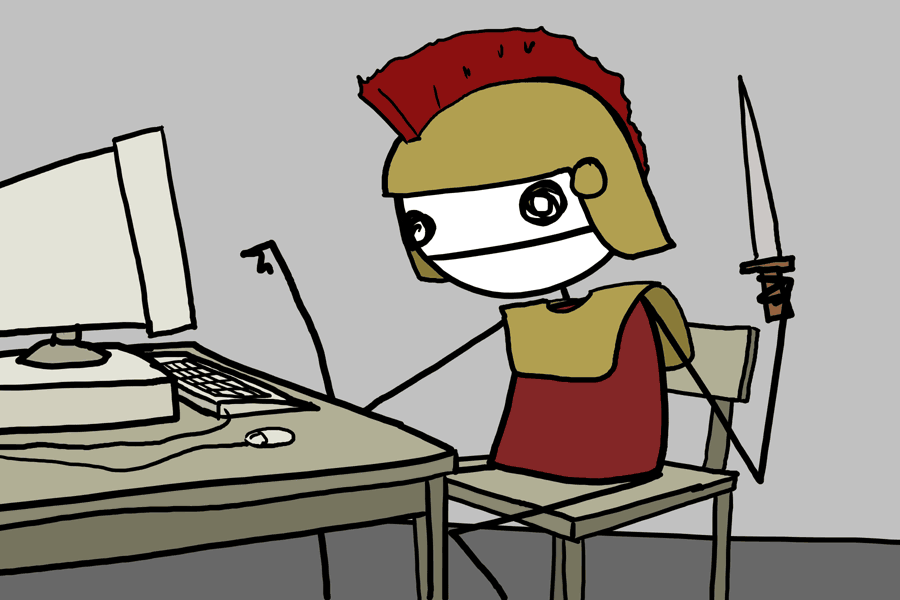And what does this have to do with GXC? Blah blah inter-campus blah competition blah—in short, absolutely nothing.
Now that that’s out of the way: anyone who has watched a game of college football (or 
In fact, the Ivies haven’t even been in the mix since the Ivy League athletic conference formed in 1954, with the break from mainstream college football being solidified with the Ivies’ inclusion into Division I-AA (FCS), which as far as I can understand is college football’s equivalent to playing in NFL Europe. More specifically, I-AA teams don’t offer the volume of athletic scholarships that I-A teams do, so the NCAA figures that they shouldn’t play on the same field. Occasionally shit happens, but in general the system stays in equilibrium.
The Ivies, keeping with tradition, don’t offer any athletic scholarships and actually abstain from the I-AA playoff. A significant portion of football recruits come from less-than-WASPish backgrounds and need the scholarship money to attend school, and some like the opportunities to go pro that playing for
Thus, the Ivies have lost top recruits and slowly slipped out of the football world.
Yet times can change. A lot has to happen for Walter Camp’s Bulldogs to be competitive again, but I see no reason why the next fifty years won’t bring as drastic of changes to the football world as the past fifty years did. In the past couple years, for example, the advent of spread offenses have drastically lowered the contrast between top and mediocre teams.
But, really, this isn’t about football. This is about financial aid. Specifically, this is about free school.
There is little doubt that an undergraduate education at Harvard, Yale or
 Right now, money runs the college football world, and State U is willing to put money into it. Good football provides decent returns to investment, so the Louisiana Department of Education is willing to carve $2.8 million every year from a cash-strapped budget to pay Les Miles to lead their program. Another $6.5 million annually flows from the State of
Right now, money runs the college football world, and State U is willing to put money into it. Good football provides decent returns to investment, so the Louisiana Department of Education is willing to carve $2.8 million every year from a cash-strapped budget to pay Les Miles to lead their program. Another $6.5 million annually flows from the State of
However, the Ivies don’t seem to have a problem favoring athletic ability in their Byzantine admissions process. The main problem has always been money—if Joe Quarterback has a 1200 (err—a 1900 or whatever a 1200 is these days) on his SAT and has to choose between a Harvard diploma and a shot at the NFL by going to State, it might be a hard choice. Until, of course, you think about the money—going to Harvard and graduating with thousands in debt, or taking the scholarship at State.
But if Harvard is free, the choice gets a little cloudier. Especially if dozens struggling with the decision before him have already chosen Harvard, gaining at least scant attention from NFL scouts. And if Harvard essentially has a school-wide full-ride scholarship, the Ivies should be unceremoniously dumped out of Division I-AA, likely returning to the mix as a full-fledged NCAA FBS competitor. After all, the League’s main argument against competing right now is that it is unfair to play against teams with athletic scholarships. Well, problem solved.
And if the Ivies are in the Division I-A recruiting mix, they should be able to make up for at least some of what they won’t have—top coaches and facilities—by relying on uniqueness, history and prestige. In other words, the same things that have been winning “academic recruits” over to their side for the past two centuries. And after all—there are a bunch of schools with great workout facilities and highly-paid coaches. But there’s only one Yale.






























